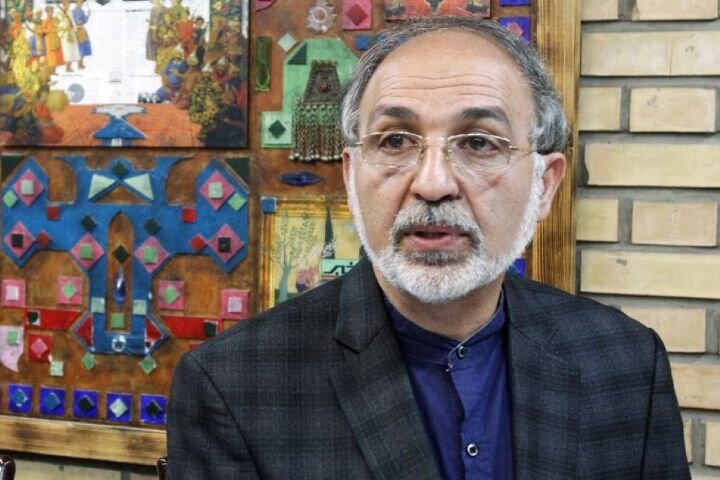Foreign intervention in Afghanistan doomed to failure, ex-diplomat highlights

TEHRAN - A former Iranian diplomat says experience shows that any foreign intervention in Afghanistan will end in failure, citing Britain (1839-42), the Soviet Union (1980-88) and the United States (2001-2021) as examples.
"The interference of foreigners will be doomed to failure. As with the former Soviet Union, Britain, and most recently the United States, if a country like Pakistan intervenes, it will suffer the same fate," Mohsen Rouhi Sefat told ISNA in an interview published on Sunday.
There are certain reports claiming that Pakistan’s ISI chief was involved in the formation of the Taliban government and the Taliban’s attack on the Panjshir Valley.
"The people of Afghanistan are against foreign intervention," the former diplomat said, noting, "It will soon be shown that if a country intervenes, it will fail. Our advice to all neighbors and major powers is to refrain from interfering in Afghanistan's affairs.”
Regarding the ongoing clashes between the National Resistance Front and the Taliban in Panjshir, the Afghan affairs expert said: "The Panjshir region has 21 valleys, which the Taliban forces have penetrated only to the nearest valley where the governor's office is located. Another 20 valleys are under control of the opposition forces. So, we have to see what happens in the process of these conflicts."
‘The Taliban government would not be stable without participation of ethnic groups.’
Rouhi Sefat underlined that the government in Afghanistan would not be stable without the participation of ethnic groups.
"Because all these issues are ethnic, tensions will definitely continue in areas such as Panjshir. Of course, in the former Soviet Union, they only reached the first valley and conquered it, but did not succeed. This seems to be the case for the Taliban this time as well."
In the end, referring to the virtual meeting of Afghanistan's neighboring countries, he said: "These countries also demand the participation of ethnic groups in Afghanistan so that the government has legitimacy. Therefore, the Taliban must know that it will not be able to gain legitimacy without comprehensive participation.”
Rouhi Sefat also said without the participation of all ethnic groups in Afghanistan, no government would be stable in the Central Asian country.
“(Instead,) the former diplomat said, “instability would increase.”
"The Taliban know that without comprehensive participation, they cannot achieve legitimacy," the expert on Afghanistan said.
The Taliban formally declared a caretaker government on Tuesday, appointing acting cabinet ministers who were largely loyalists from the group’s first years of rule in the 1990s.
The Taliban has appointed Mohammad Hasan Akhund, a close aide to the group’s late founder Mullah Omar, as head of Afghanistan’s new caretaker government, weeks after it took control of the country in a rapid offensive.
The list of cabinet members announced by chief spokesman Zabihullah Mujahid on Tuesday was dominated by members of the group’s old guard, with no women included.
Regarding the developments in Afghanistan and the announcement of the cabinet by the Taliban, Rouhi Sefat said: "Afghanistan's geographical, ethnic and racial structure is such that no ethnic group has a majority in that country. Therefore, any sustainable government should be based on the fact that every ethnicity has a significant participation in the government."
He added: "Government based on ethnic and racial aspirations can last, and if it does not, it will not be stable and instability will increase."
Leave a Comment